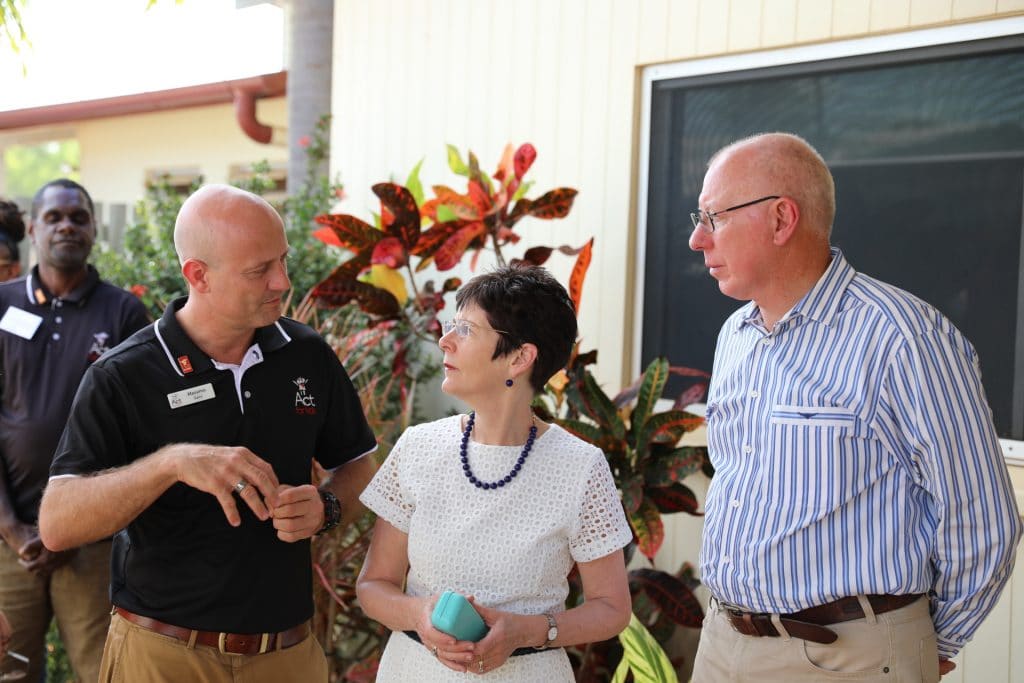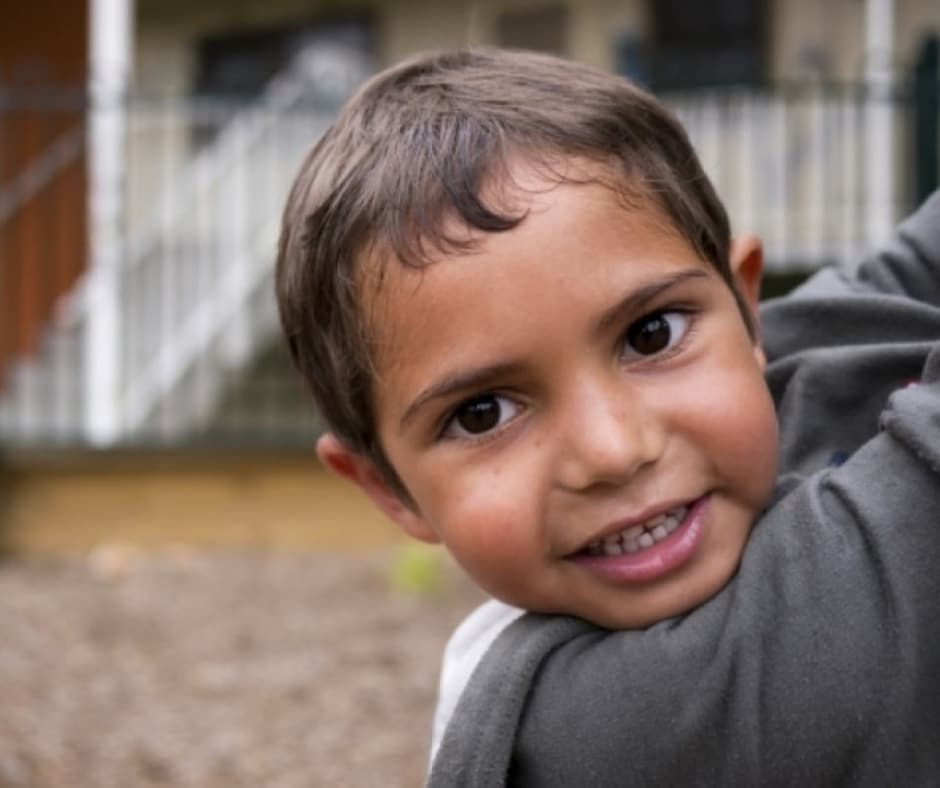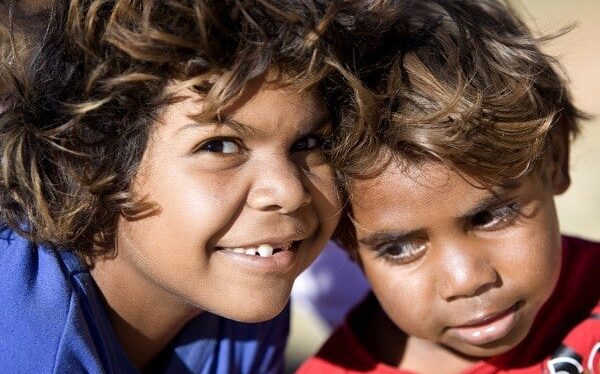Understanding Trauma
We work with families and communities to help keep kids safe, heal from trauma and lead happy lives.
Childhood trauma refers to distressing experiences that overwhelm a child’s ability to cope. This can include abuse, neglect, domestic violence, family separation, and other adverse events. Trauma affects a child’s emotions, their development, behaviour, and relationships.
Types of Childhood Trauma:
- Acute Trauma – A single, intense event, such as a car accident, natural disaster, or witnessing violence.
- Chronic Trauma – Repeated or prolonged exposure to distressing experiences, such as ongoing abuse, neglect, or exposure to family violence.
- Complex Trauma – A combination of multiple traumatic experiences over time, often involving close relationships, such as repeated mistreatment by caregivers or exposure to multiple forms of adversity.
How trauma impacts children:
Children who experience trauma may struggle in various ways, including:

Emotional Regulation – Difficulty managing emotions, leading to anxiety, anger, or withdrawal.
Behavioural Challenges – Increased aggression, defiance, or risk-taking behaviours.
Learning and Development – Trouble concentrating, retaining information, or engaging in school.
Relationships – Difficulty trusting others, forming secure attachments, or developing social skills.
Physical Health – Sleep disturbances, headaches, or other stress-related conditions.

What is Trauma-Informed support?
Trauma-informed support means recognising the impact of trauma and responding in ways that promote healing and resilience. It involves:

Safety and Stability
Creating environments where children feel physically and emotionally safe, whether at home, in school, or in care.

Connection and Relationships
Building trust through consistent, compassionate relationships with caregivers, educators, and support workers.

Empowerment and Choice
Helping children regain a sense of control by offering choices and supporting their strengths.

Emotional support and regulation
Teaching children coping strategies, such as mindfulness, self-expression, and self-soothing techniques.

Collaboration and cultural awareness
Recognising each child’s unique experiences and working together with families, communities, and professionals to provide holistic support.
How do we support children and families impacted by trauma?
We take a trauma-informed approach to ensure that every child receives the support they need to heal and thrive. Our approach includes:
- Individualised support plans tailored to each child’s needs.
- Collaboration with child protection services, educators, and caregivers.
- Creating safe, nurturing environments where children can rebuild trust.
- Promoting resilience through therapeutic interventions and positive connections.
By understanding trauma and responding with care, we can help children build brighter futures.

Act for Kids Services
Acknowledgment of Country
Act for Kids pays its respects to the traditional custodians across the lands in which we work, and acknowledge their elders past, present and future.
